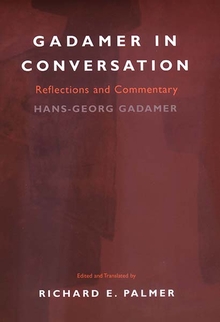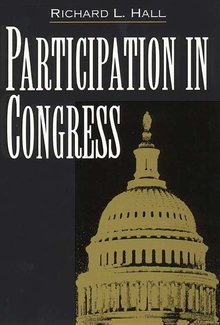Medical Work in America
WARNING
You are viewing an older version of the Yalebooks website. Please visit out new website with more updated information and a better user experience: https://www.yalebooks.com
Essays on Health Care
Eliot Freidson
Present-day health care policies in the United States are moving toward a system in which patients will be treated like industrial objects by doctors forced to work mechanically, says the distinguished medical sociologist Eliot Freidson in Medical Work in America. He offers a number of controversial proposals designed both to reduce costs and to avoid such dehumanization.
In a series of essays that includes some of his classic work as well as significant new material, Freidson discusses the doctor-patient relationship, relations between physicians in various forms of medical practice, and the forces now reorganizing medical work. He shows how increasingly restrictive health insurance contracts insert a new, problematic element into both doctor-patient and colleague relations, and how bureaucratic methods of controlling medical decisions affect those relations. Finally, Freidson advances some basic principles to guide health care policy. He emphasizes that the physician's freedom to exercise discretion is essential if patients are to be treated as individuals rather than as administratively defined diagnostic categories. His recommendations include eliminating fee-for-service compensation, controlling health industry profits, and limiting the external administrative regulation of medical decisions while organizing medical work in such a way as to maximize effective and responsible self-governance.
In a series of essays that includes some of his classic work as well as significant new material, Freidson discusses the doctor-patient relationship, relations between physicians in various forms of medical practice, and the forces now reorganizing medical work. He shows how increasingly restrictive health insurance contracts insert a new, problematic element into both doctor-patient and colleague relations, and how bureaucratic methods of controlling medical decisions affect those relations. Finally, Freidson advances some basic principles to guide health care policy. He emphasizes that the physician's freedom to exercise discretion is essential if patients are to be treated as individuals rather than as administratively defined diagnostic categories. His recommendations include eliminating fee-for-service compensation, controlling health industry profits, and limiting the external administrative regulation of medical decisions while organizing medical work in such a way as to maximize effective and responsible self-governance.
ISBN: 9780300041583
Publication Date: September 10, 1989
Publication Date: September 10, 1989
304 pages, 6 1/8 x 9 1/4








